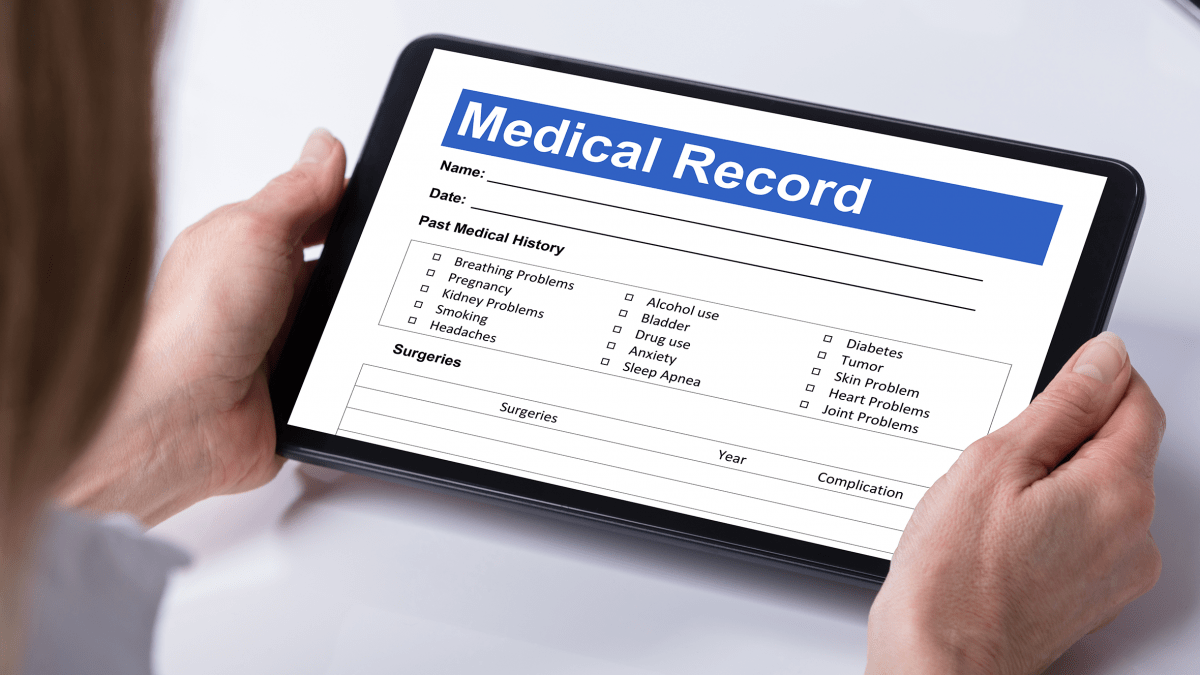Healthcare providers across the UK, US, UAE, and Germany face increasing demands for patient medical record access. This guide examines current requirements, practical implementation strategies, and solutions for managing patient data access efficiently.
Understanding Medical Record Content and Professional Documentation
Medical records contain multiple components:
- Clinical consultation notes
- Prescription histories
- Hospital correspondence
- Laboratory results
- Vaccination records
- Professional observations and diagnoses
Healthcare professionals document patient interactions using specific terminology and formats. Documentation practices vary based on:
- Consultation duration
- Interaction type (in-person vs. remote)
- Clinical context
- Professional judgment
- Diagnostic certainty
Automatic Record Access Implementation
Since October 31st, 2023, NHS England initiated automatic patient access to full clinical records. However, healthcare providers must consider several factors:
Record Review Requirements
Practices should establish protocols for:
- Identifying records requiring additional review
- Managing access restrictions for sensitive cases
- Processing access requests efficiently
- Documenting review decisions
Patient Data Protection Considerations
Healthcare facilities must balance:
- Patient right to access
- Clinical data security
- Protection of vulnerable individuals
- Safeguarding requirements
- Domestic abuse prevention
Managing Record Access Requests
Healthcare providers should implement structured processes for handling access requests:
- Establish clear request procedures
- Define response timeframes
- Document review processes
- Maintain audit trails
- Train staff on proper protocols
Record Rectification Rights Under GDPR
Understanding patient rights to data rectification helps practices manage correction requests effectively:
Valid Rectification Requests
- Incorrect factual information
- Misleading personal data
- Outdated clinical information
Non-Rectifiable Elements
- Professional clinical opinions
- Historical diagnostic assessments
- Minor non-clinical discrepancies
Resource Management and Practice Efficiency
Healthcare providers should optimize resource allocation:
Administrative Processes
- Implement dedicated request forms
- Establish clear communication channels
- Define staff responsibilities
- Set realistic processing timelines
Clinical Resource Protection
- Preserve consultation time for medical care
- Define boundaries for record discussions
- Train support staff appropriately
- Maintain clinical service priorities
Implementation Guidelines for Different Healthcare Systems
UK NHS Practices
- Follow NHS England guidelines
- Implement systematic review processes
- Maintain proper documentation
- Ensure staff training
US Healthcare Providers
- Comply with HIPAA requirements
- Consider state-specific regulations
- Document access procedures
- Maintain audit trails
UAE Medical Facilities
- Follow UAE health authority guidelines
- Consider cultural sensitivities
- Maintain multilingual access options
- Document review processes
German Medical Practices
- Adhere to EU GDPR requirements
- Follow German healthcare regulations
- Maintain proper documentation
- Ensure patient privacy protection
ROI Considerations
Implementing efficient record access systems provides:
Cost Savings
- Reduced administrative burden
- Decreased staff time allocation
- Minimized request processing time
- Lower complaint handling costs
Quality Improvements
- Enhanced patient satisfaction
- Improved practice efficiency
- Better resource utilization
- Reduced legal risks
Practical Implementation Steps
- Assess current systems and processes
- Develop clear access policies
- Train staff on procedures
- Implement request management systems
- Monitor and evaluate effectiveness
- Adjust processes as needed
Compliance and Legal Considerations
Healthcare providers must ensure:
- GDPR compliance
- Local healthcare regulations adherence
- Proper documentation maintenance
- Regular policy reviews
- Staff training updates
Future Considerations
Healthcare providers should prepare for:
- Evolving digital access requirements
- Changing regulatory frameworks
- Technological advancements
- Patient expectations shifts
Conclusion
Effective medical record access management requires balanced consideration of patient rights, clinical resources, and regulatory compliance. Healthcare providers should implement structured processes while maintaining focus on primary clinical care delivery.



